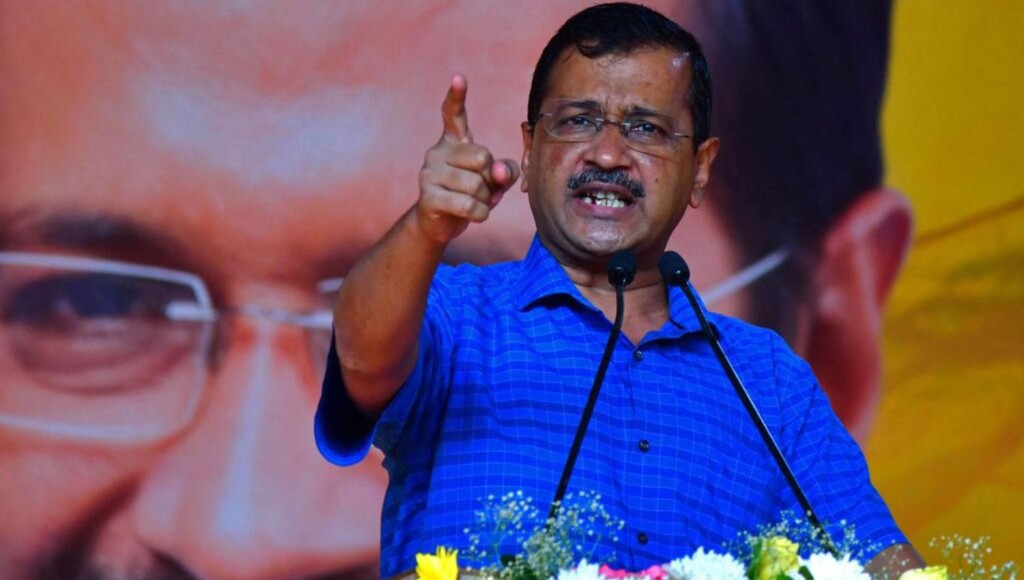Arvind Kejriwal, the Delhi Chief Minister and Aam Aadmi Party’s (AAP) national convenor, received interim bail from the Supreme Court in connection with the excise policy case on Friday.
Despite being granted interim bail, Kejriwal will remain in custody as he was arrested by the Central Bureau Investigation (CBI) in a related case.
The apex Court imposed certain bail conditions as part of its verdict when granting bail to the Delhi CM. According to the Supreme Court order, Kejriwal is prohibited from visiting the CM office and Delhi Secretariat during his interim release. Additionally, the chief minister was required to provide bail bonds of ₹50,000.
The conditions outlined by the Supreme Court can be found in the document provided by Live Law.
(a) He must provide bail bonds amounting to ₹50,000/- with one surety of the same amount to the satisfaction of the Jail Superintendent;
(b) He is prohibited from visiting the Office of the Chief Minister and the Delhi Secretariat.
(c) He is obligated to adhere to the statement made on his behalf, stating that he will not sign official files unless it is necessary for obtaining clearance/approval of the Lieutenant Governor of Delhi.
(d) He is not allowed to make any comments regarding his role in the current case.
(e) He is forbidden from interacting with any of the witnesses and/or accessing any official files related to the case.
The larger Bench has the authority to either extend or revoke the interim bail, as stated by the Supreme Court. On Friday, Kejriwal was granted interim bail by the Supreme Court in connection to the alleged excise policy scam filed by the Enforcement Directorate [ED]. Shortly after, a Delhi court extended Kejriwal’s judicial custody in a corruption case related to the excise policy matter filed by the Central Bureau of Investigation [CBI].
The power of arrest can only be exercised by ED.…
Various inquiries regarding the Enforcement Directorate’s authority to make arrests were brought up during the hearing, with Kejriwal arguing that his arrest and detention by the agency were unlawful. In its ruling issued on Friday, the Supreme Court stated that the ED is permitted to make arrests only when the evidence available to the authorized officer allows them to conclude, by providing written reasons, that the individual being arrested is culpable. As reported by Live Law, the Supreme Court emphasized that the ED must not disregard evidence that clears the accused person when utilizing the power to make arrests.
